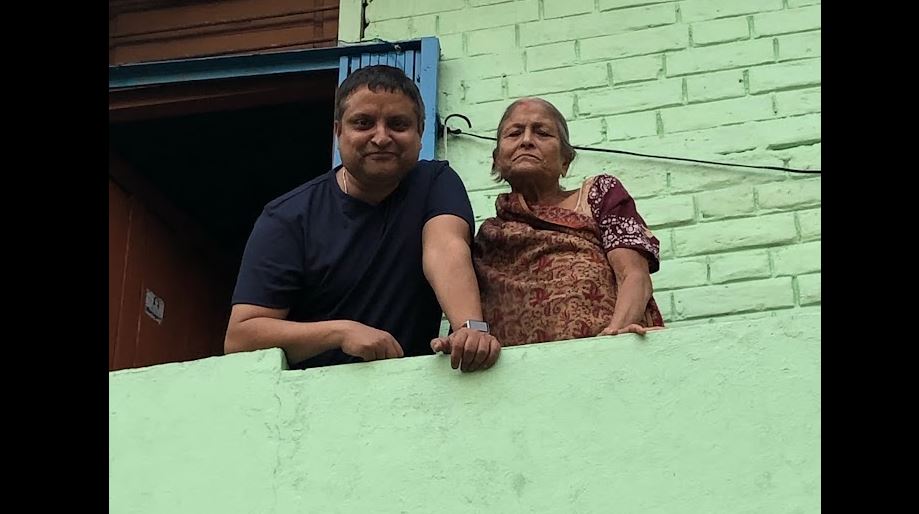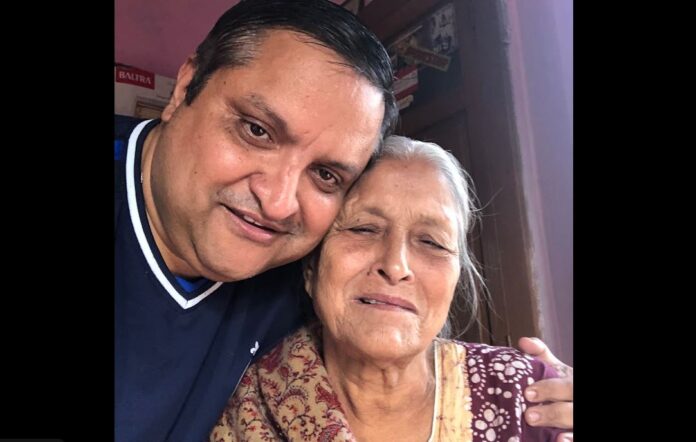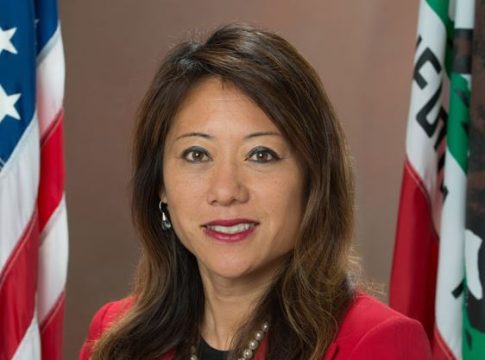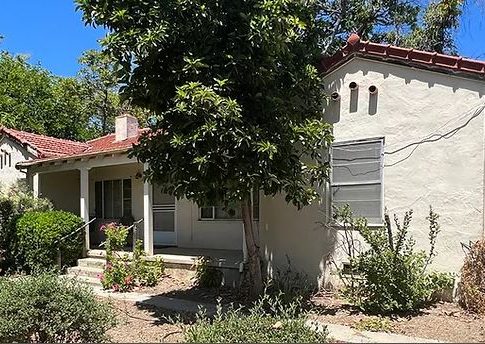By Allyson Pang
(Editor note: This story is a joint project between AsAmNews and AARP and is funded by AARP)
How can a person care for their family even when they’re thousands of miles away? Nepali American immigrant Bijay Khanal has found a way.
At 18 years old, Khanal moved from the small, hillside town of Dharan in Nepal to pursue higher education in the United States. He moved to Chicago in 1992 and would eventually become the only one in his family to finish high school and attend college.
Today, he lives in Washington state and works as a data scientist, not only caring for his wife and two sons but also providing financial support for his mother and brother in Nepal.
LATEST STORIES

“When you come from a country like Nepal or any third world country, they expect family to support back home,” Khanal told AsAmNews.
Caregiving from so far away means balancing the finances between his family, his mother and his brother’s family.
The money sent back to Nepal went toward schooling for his brother’s children, groceries and even electricity.
Khanal says he wants to ensure that his brother’s daughter and son get a good education while his brother and wife take care of their mother.
Recently, Khanal made sure to provide enough money for the family to celebrate Diwali — sending enough money to afford meat, special clothes for the children and decorations for the festivities.
“I don’t want them to feel like ‘Oh, I don’t have enough money to do this,’” he said. “I don’t want my brothers’ kids to feel that way, so I want to make sure that they get everything I can provide.”
Since Khanal’s mother has diabetes and high blood pressure, he also ensures that she has the proper medication as well as access to transportation to the hospital if needed.
Finding sudden transportation to a hospital is particularly difficult since there is no easy access to the area. Khanal often has to rely on a neighbor to use their car for emergencies.
“Sometimes it’s hard, you don’t know where (you’ll be) or you’re on vacation or I don’t have my phone right next to me or I may not have enough money in the bank, so I have to still support through these situations,” Khanal said.
Initially, Khanal tried to bring his mother to the U.S. so he wouldn’t have to provide care from afar. While his mother made multiple visits to Chicago for six months to a year, she didn’t end up staying.
Khanal said, she did not like the cultural difference in the U.S. compared to Nepal and missed the social interactions of her neighbors. So, she gave up her green card and moved back home.
For two years during the pandemic, Khanal could not make his annual trip to visit his family. However, he recently was able to visit again.
There was always a sense of obligation to help the family because Khanal grew up seeing and experiencing it at a young age.
After his father passed away when Khanal was young, he watched his mother care for his grandma (or her mother-in-law). He grew up in a big family with his mother’s side including seven brothers and five sisters all in one multi-story house.
Multigenerational housing is not uncommon for Asians in the U.S. According to the Pew Research Center, about a quarter of Asian Americans lived in multigenerational housing in 2021.
As a farming family, Khanal also often helped with chores like milking the cow or filling buckets with water for the household. Working closely with his family contributed to his later feelings of obligation to continue supporting them in his own way.
For AAPI cultures, the idea of filial piety — meaning devotion, care and respect toward elders and older family members — is incredibly important, according to American Society of Aging.
“Physical family togetherness is desired and multigenerational households are common,” an article on AARP stated. “AAPIs are more likely to believe that caring for parents is expected of them.”
So, those who immigrated to the U.S., like Khanal, have been influenced by the cultural values and traditions in treating family.
“That’s how we grew up. I know that Nepal, India or Singapore, I’ve seen people are living together and that’s how we grew up in our cultures,” Khanal said. “It’s OK to support, it’s not embarrassing to support your family. It’s OK to live with your parents even if you’re 40, 50 (years old) … I want my kids to think that.”
Despite the distance and its struggles, he said he still feels happy to be a caregiver. He expressed gratitude for how his family helped him to become the person he is today — and now, he gets to help them.
“If I would’ve stayed there, I probably wouldn’t have had a good education … probably wouldn’t be doing what I’m doing today,” Khanal concluded. “I mean, I’m enjoying my life here. I’m not struggling or anything. I’m enjoying it here, and also supporting my family.”
AsAmNews is published by the non-profit, Asian American Media Inc. Make a tax-deductible donation of at least $40 or pledge a monthly recurring donation of at least $10 by August 31 and receive a free copy of The Legend of Mu Lan: Heroine of Ancient China, the inspiration for the classic Disney movie. We are supported in part by funding provided by the State of California, administered by the California State Library in partnership with the California Department of Social Services and the California Commission on Asian and Pacific Islander American Affairs as part of the Stop the Hate program. To report a hate incident or hate crime and get support, go to CA vs Hate.









